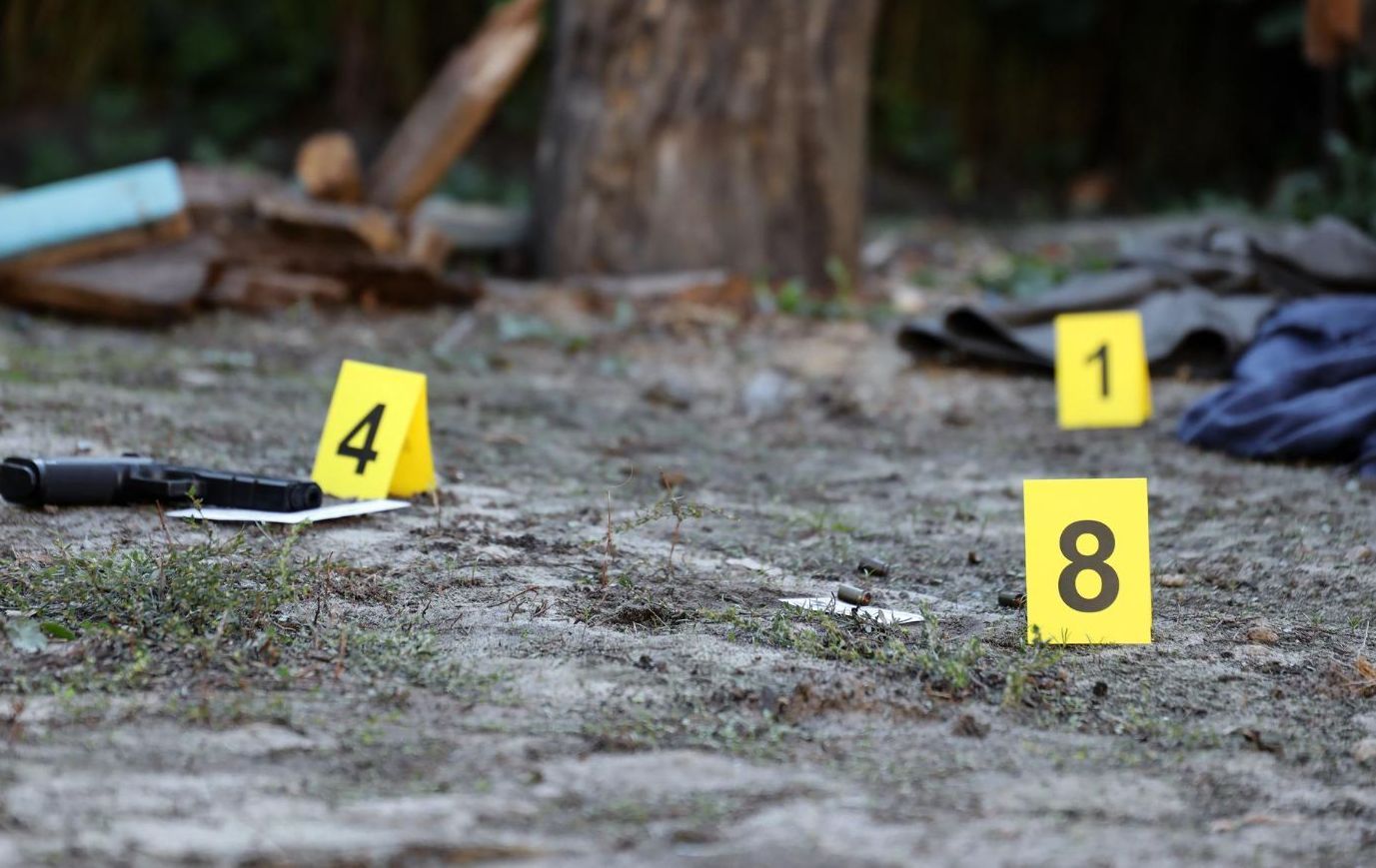Aggressive Defense for Homicide Charges
Your Life and Future Depend on a Strong Defense
Homicide is the most serious criminal charge, carrying severe penalties, including life in prison or the death penalty. Prosecutors pursue these cases aggressively, often relying on circumstantial evidence and witness testimony. At Blankenship Law, we examine every detail of your case, challenge weak evidence, and build a powerful defense to protect your rights and future.
Homicide Defense FAQs
What is the difference between murder and manslaughter?
Murder involves intentional killing, while manslaughter occurs due to reckless behavior or sudden emotional disturbance. Voluntary and involuntary manslaughter have different legal consequences, and a strong defense can help reduce charges.
Can self-defense be used in a homicide case?
Yes. If you acted to protect yourself or someone else from imminent harm, self-defense can be a complete defense to homicide charges. We build a strong case using forensic evidence, witness testimony, and expert analysis.
What happens if I'm falsely accused of homicide?
False accusations happen, often due to misidentification, unreliable witnesses, or circumstantial evidence. We work to challenge weak evidence, uncover inconsistencies, and expose investigative errors to prove your innocence.
What are the penalties for homicide convictions?
Homicide convictions can result in life in prison without parole, long-term incarceration, or the death penalty. Sentencing varies based on case specifics, prior convictions, and aggravating circumstances.
How can a former prosecutor help defend a homicide case?
As former prosecutors, we understand how the state builds homicide cases and use that knowledge to identify weaknesses, suppress faulty evidence, and negotiate better outcomes. Our trial experience is crucial in high-stakes homicide defense.


